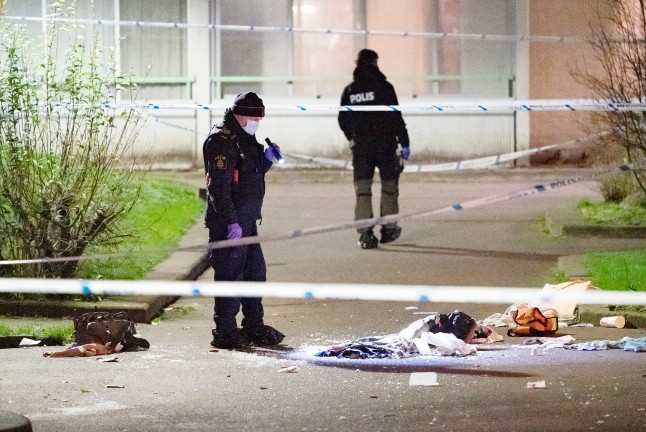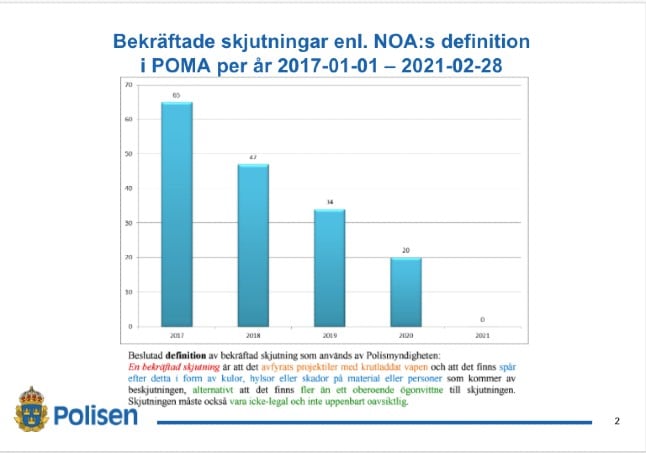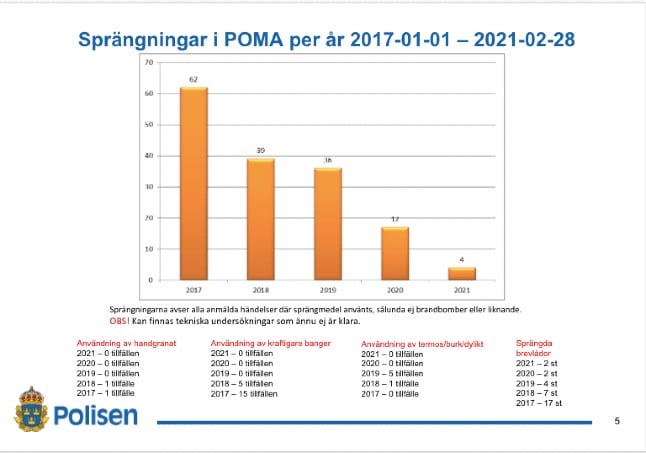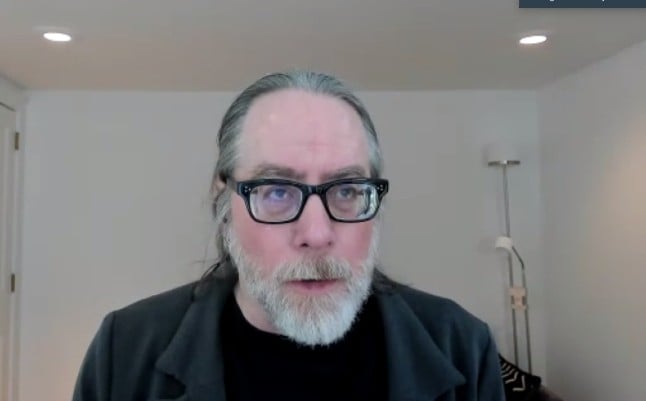Malmö proudly holds the title as the ‘city of parks’ and Folkets Park (‘folk park’ or ‘people’s park’), is the oldest public park of its kind in Sweden. As it has large open spaces and access to these is free, Folkets Park is a great cheap option for a football kick-around or a picnic.
However, within Folkets Park there are many further attractions for families. Petting zoos are always a winner with little ones and Folkets Park has its own children’s farm ranch called the Ark (‘Arken barnens gård’). Here rabbits, goats, chickens and sheep roam free and the kids can even go pony riding.
For fans of more exotic animals, the Malmö Reptile Centre (‘Terrarium’) is sure to thrill. At this small zoo, adults and children alike can enjoy seeing monkeys, spiders, snakes, parrots, kangaroos and crocodiles among other delights.
The centre even has its own celebrity, Douglas the scarlet macaw. Douglas, aka Rosalinda, starred in the 1970s production of Astrid Lindgren’s ‘Pippi on the Seven Seas’. Douglas has lived at the centre since 1984 and can apparently say over 50 words and wave goodbye.
Folkets Park also has several fairground rides including a giant Ferris wheel. The ‘Children’s Stage’ can be found here too, where theatre, film and circus acts specially created for children are shown year-round.
Around Christmas time the lake is transformed into an ice-rink for all the family. Please note that although entrance into the park is free, many of the attractions above do charge for admission.
Another beautiful green space in Malmö is Slottsträdgården, an organic garden located just next to Kungsparken. The garden has a lovely café selling a selection of cakes and light bites – a perfect pit-stop before moving on to Malmöhus Castle next door.
Originally built in 1434 by Eric of Pomerania, Malmöhus Castle now houses three of Malmö’s major museums; Malmö Art Museum, City Museum and the Natural History Museum.
Of the three, the Natural History Museum is likely to be of the most interest to parties with children and a great option if the weather forces activities indoors. Inside the museum there is an extensive exhibition of stuffed animals from all different species and the basement aquarium comes complete with amphibians, electric eels and piranha fish.
The Science and Maritime House has lots of exciting displays for kids including old aeroplanes and cars. A U3 Second World War submarine is docked outside where life on board a deep water sub can be seen first-hand.
Entrance into the main museum area (all three main museums, the Science and Maritime House and the Governor´s House) is covered by one ticket and only costs 40kr for adults, 10kr for children and the under 7s are free. This price includes the Castle itself, which is also well worth a visit.
A nearby fun and reasonably priced lunch option might be the medieval themed restaurant, Skeppsmagasinet. Alternatively, head to Möllevångstorget Square in the city centre, which contains many different eateries offering a wide range of culinary delights, so the whole family is bound to find something for every taste and budget.
For sheer playtime madness, Andy’s Lekland is great if the kids still need to let off some steam. The large playhouse has loads to keep children happy including climbing frames, indoor hockey, games and ball cannons.
The entrance fee is 100kr per child for three hours playtime and accompanying adults are free. Andy’s also has a good cafe for simple food and snacks.
For more information as well as upcoming events, check the Malmö local tourist board.






 Please whitelist us to continue reading.
Please whitelist us to continue reading.